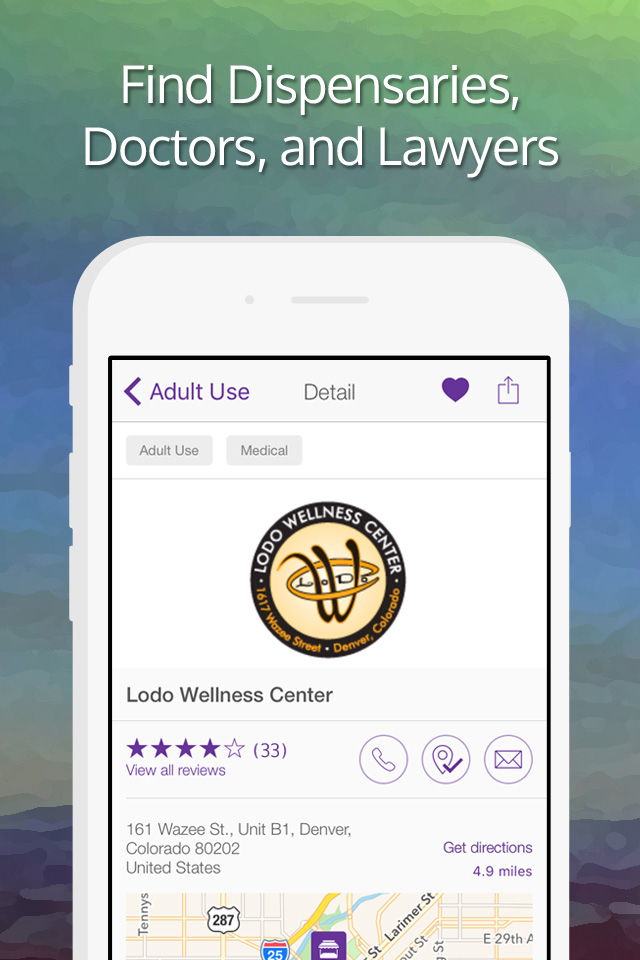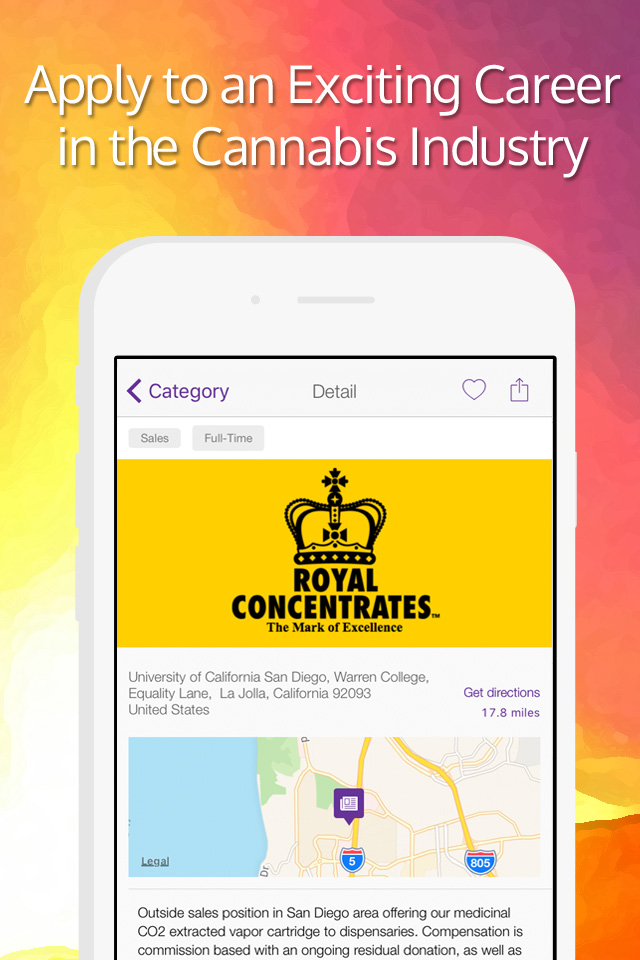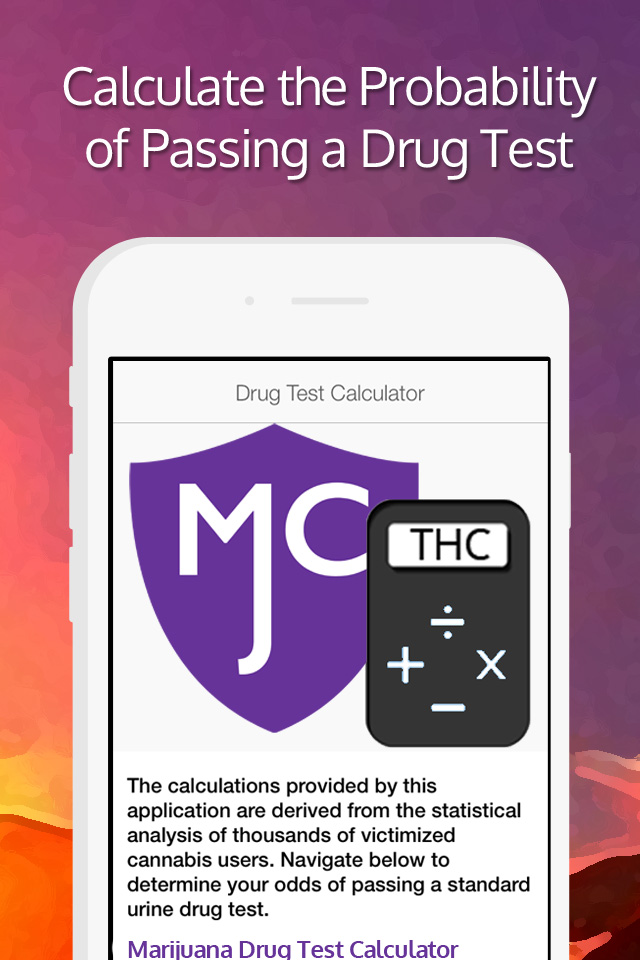Cannabis Use and Driving Safety
Welcome to our blog post on cannabis use and driving safety. In this article, we will explore the effects of cannabis on driving abilities and discuss the importance of implementing comprehensive policies to ensure safe roads for everyone. Whether you are an employer concerned about workplace safety or an individual looking to make responsible decisions, this article will provide valuable insights into the topic.
Key Takeaways:
- Cannabis use can impair important skills required for safe driving, such as reaction time and coordination.
- Marijuana contains THC, a psychoactive compound that affects cognitive abilities and decision-making.
- Preventing impaired driving involves avoiding alcohol and drugs, choosing alternative transportation options, and educating others.
- Developing comprehensive marijuana policies is crucial for workplace safety and employee support.
- Educating drivers on the effects and risks of marijuana impairment is essential for responsible decision-making.
The Effects of Marijuana on Driving
When it comes to driving safety, understanding the effects of marijuana is crucial. Marijuana contains THC, a psychoactive compound that can impair cognitive abilities, reaction times, and decision-making. These impairments can significantly impact a driver’s ability to navigate the roads safely.
Research has shown that marijuana use can lead to coordination problems, distorted perception, and slowed reaction times. These effects can make it difficult for drivers to respond to unexpected situations on the road. Decision-making abilities can also be compromised, increasing the risk of making poor choices behind the wheel.
“Marijuana can impair coordination, distort perception, and slow down reaction times and decision-making abilities.”
While the exact contribution of marijuana to crash risk is still being studied, evidence suggests an increased likelihood of being involved in a crash after marijuana use. It is important to note that detecting marijuana in body fluids can be challenging, as it can remain present for days or even weeks after use.
To gain a better understanding of the effects of marijuana on driving, it is essential to consider the cognitive impairments it can cause. By raising awareness about the potential risks, we can work towards creating a safer environment on the roads.
Preventing Impaired Driving: Safety Tips and Designated Drivers
Preventing impaired driving is crucial for ensuring road safety and the well-being of both drivers and pedestrians. To avoid the dangers of driving under the influence, it is essential to adopt responsible habits and make informed decisions. Here are some safety tips to help prevent impaired driving:
- Plan ahead: If you know you will be consuming alcohol or drugs, including marijuana, make arrangements for a sober ride home in advance. This could involve designating a trusted friend or family member as a designated driver.
- Use alternative transportation: If a designated driver is not available, consider using rideshare services, taxis, or public transportation to get home safely.
- Host responsible gatherings: If you are hosting a social event where alcohol or drugs will be present, encourage your guests to plan for a safe way to get home. Provide non-alcoholic beverages and alternative activities to promote responsible choices.
- Spread awareness: Educate your friends, family, and colleagues about the risks of impaired driving. Encourage them to make responsible decisions by choosing not to drive under the influence.
By following these safety tips and promoting responsible decision-making, we can help reduce the number of accidents caused by impaired driving and create safer roads for everyone.
“The safest journey is one where we prioritize responsible driving habits and avoid getting behind the wheel while impaired.” – Anonymous
Designated Driver Guide
A designated driver is a person who agrees to remain sober and abstain from consuming alcohol or drugs, allowing them to provide a safe ride home for others. Designated drivers play a vital role in preventing impaired driving incidents and ensuring the safety of everyone on the road. Here are some key points to consider when choosing a designated driver:
| Responsibilities | Tips |
|---|---|
| Stay sober | Choose someone who commits to not consuming alcohol or drugs for the duration of the event. |
| Plan ahead | Discuss the designated driver role before the event to ensure everyone is aware of their responsibilities and agrees to the plan. |
| Be reliable | Make sure the designated driver is someone trustworthy and responsible, who will prioritize the safety of all passengers. |
| Have alternative options | If a designated driver is not available, identify alternative transportation options, such as rideshare services or taxis, to ensure everyone can get home safely. |
Remember, impaired driving can have severe consequences, including injury, loss of life, and legal penalties. By choosing a designated driver and promoting responsible habits, we can make a positive impact on road safety and help create a culture where impaired driving is not tolerated.
Developing a Comprehensive Marijuana Policy
When it comes to workplace safety and maintaining a drug-free environment, developing a comprehensive marijuana policy is crucial. Employers need to create policies that align with the laws in each state where their company operates. While it may not be possible to have a zero-tolerance policy in some states, employers can still implement measures to prohibit marijuana use and being under the influence while at work.
Working with attorneys to review policies is essential to ensure compliance with state laws and provide clear guidelines to employees. It is also important to outline drug testing procedures, if applicable, so that employees understand the expectations and consequences. By educating employees about the specifics of the policy, employers can promote responsible decision-making and create a safer work environment.
Table: Components of a Comprehensive Marijuana Policy
| Policy Component | Description |
|---|---|
| Marijuana Use Prohibition | Clearly state that marijuana use is prohibited while at work and emphasize the potential safety risks associated with impairment. |
| Zero-Tolerance | Implement a zero-tolerance policy where feasible, making it clear that any employee found to be under the influence of marijuana will face disciplinary action. |
| Drug Testing | Establish drug testing procedures, including pre-employment testing, random testing, and post-incident testing, to deter marijuana use in the workplace. |
| Education and Training | Provide education and training programs that inform employees about the effects of marijuana on driving and cognitive abilities, as well as the company’s policy. |
| Support for Employees | Offer support programs for employees struggling with drug problems, such as access to counseling or employee assistance programs. |
By implementing a comprehensive marijuana policy, employers can ensure workplace safety and reduce the risks associated with marijuana impairment. Remember, it’s important to regularly review and update policies to stay in compliance with changing laws and advancements in determining impairment. Prioritizing the well-being of employees and maintaining a drug-free workplace is key to promoting a culture of safety and responsibility.
Driver Education and Understanding Marijuana’s Impact on Driving: Policy Details
At [Company Name], we prioritize driver education as a key component of our commitment to workplace safety. It is essential for drivers to understand the impact of marijuana on driving and the potential risks associated with impaired driving. Our comprehensive education programs provide vital information to employees, ensuring they have the knowledge needed to make responsible decisions behind the wheel.
Understanding Marijuana’s Effects on Driving
Education regarding marijuana and driving focuses on the impairment caused by THC, the psychoactive compound found in marijuana. THC affects cognitive abilities, coordination, reaction times, and decision-making skills. By providing drivers with this knowledge, we empower them to recognize the potential dangers of driving under the influence of marijuana.
Policy Details
Our company policy regarding marijuana impairment is designed to ensure the safety of our employees and their fellow motorists. It is important for drivers to familiarize themselves with our policy, which prohibits the use of marijuana before or during work hours. Additionally, the policy outlines the consequences of violating these guidelines to reinforce the importance of responsible decision-making.
| Policy | Details |
|---|---|
| Prohibited Use | No use of marijuana allowed before or during work hours |
| Consequence | Violations may result in disciplinary action, up to and including termination |
| Support | Resources available for employees seeking help with substance abuse issues |
Managers and supervisors are trained to recognize signs of impairment and are responsible for documenting any instances observed. This ensures that our policy is consistently enforced throughout the organization.
By fostering a culture of education and awareness, we strive to empower our employees to make safe and responsible decisions when it comes to driving under the influence of marijuana. Together, we can create a workplace that prioritizes the well-being and safety of all individuals.
Monitoring and Updating Policies

Keeping up with the constantly evolving landscape of state marijuana laws is crucial for employers when it comes to monitoring and updating their policies. It is essential to stay informed about changes in legislation that may impact existing policies and ensure compliance with legal requirements. By regularly reviewing and updating policies, employers can proactively address the challenges surrounding marijuana impairment in the workplace.
One important aspect to consider is determining impairment. The effects of marijuana on individuals can vary depending on factors such as dosage, frequency of use, and tolerance. Employers should seek guidance from medical professionals who are trained in interpreting THC drug tests to accurately assess impairment levels. Regular training and education for managers and supervisors on recognizing signs of impairment are also critical in maintaining a safe work environment.
To ensure policy updates are effective, employers should establish a clear communication plan. This includes informing employees about any changes to the company’s marijuana policy and providing guidance on responsible behavior. Open lines of communication between management and employees can help address any questions or concerns that arise and foster a culture of safety and compliance.
| Key Considerations for Monitoring and Updating Policies | Recommended Actions |
|---|---|
| Tracking changes in state marijuana laws | Subscribe to legal updates, consult with legal professionals |
| Evaluating impairment levels | Consult with medical professionals, provide training for managers and supervisors |
| Communicating policy updates | Establish a clear communication plan, hold meetings or webinars to explain changes, provide written documentation |
The Bottom Line on Marijuana and Driving Safety
When it comes to workplace safety programs, addressing the issue of marijuana impairment and safe driving skills is crucial. With the increasing use of marijuana among adults in the United States, it is essential for employers to take proactive measures to ensure the well-being of their employees and the community.
Workers under the influence of marijuana lack the necessary skills to drive safely. Marijuana can impair coordination, perception, and reaction time, making it dangerous to operate a vehicle. Employers should emphasize the dangers and illegality of drug-impaired driving and promote responsible decision-making among employees.
By implementing comprehensive marijuana policies, providing education on the effects and risks of marijuana impairment, and encouraging alternative transportation options, employers can contribute to safer roads and reduce the risk of accidents caused by marijuana use.
The Importance of Workplace Safety Programs
Workplace safety programs play a critical role in promoting safe driving habits among employees. These programs should include education on the effects of marijuana on driving skills and cognitive abilities, as well as the company’s specific marijuana policy and any state-specific considerations.
Managers and supervisors should receive training on recognizing and documenting signs of impairment, ensuring a proactive approach to addressing marijuana use in the workplace. Regular policy reviews and updates are also crucial to ensure that the company’s approach to marijuana impairment aligns with the latest research and legal requirements.
| Benefits of Workplace Safety Programs | Actions to Take | |
|---|---|---|
| 1 | Increased awareness of the dangers of drug-impaired driving | Educate employees on the effects and risks of marijuana impairment |
| 2 | Promotion of responsible decision-making and alternative transportation options | Encourage employees to choose designated drivers or use rideshare services |
| 3 | Reduction of accidents caused by marijuana impairment | Implement comprehensive marijuana policies and regular policy reviews |
By prioritizing workplace safety and taking a proactive approach to marijuana impairment, employers can contribute to a safer environment on the roads and protect the well-being of their employees and the community as a whole.

NHTSA and the Ad Council’s Drug-Impaired Driving Campaign
Drug-impaired driving is a serious concern that poses significant risks to individuals and communities. To address this issue, the National Highway Traffic Safety Administration (NHTSA) and the Ad Council have collaborated on a drug-impaired driving prevention campaign called “If You Feel Different, You Drive Different.”
This campaign aims to change the cultural conversation surrounding driving after marijuana use and make it as socially unacceptable as driving drunk. By raising awareness about the dangers of driving impaired by marijuana, the campaign seeks to empower individuals to make informed decisions about driving safely.

The NHTSA and the Ad Council’s campaign provides valuable resources to help individuals understand the risks associated with marijuana and driving. Through informative materials, such as videos, brochures, and online content, people can learn about the impairments caused by marijuana and the potential consequences of driving under its influence.
This campaign plays a vital role in promoting responsible driving habits and preventing accidents caused by marijuana impairment. By highlighting the dangers of drug-impaired driving and providing educational resources, the NHTSA and the Ad Council are taking significant steps toward creating a safer environment on the roads.
Conclusion
A responsible approach to cannabis use and driving safety is crucial for the well-being of individuals and the community. We must understand the effects of marijuana on driving and take necessary steps to ensure responsible driving habits. By implementing comprehensive policies, promoting education and awareness, and prioritizing responsible decision-making, we can create a safer environment on the roads.
It is important to remember that cannabis can impair important skills required for safe driving, such as reaction time, coordination, and perception. Studies have shown an association between marijuana use and car crashes, highlighting the need for caution. To prioritize safety, we should choose alternative transportation options when impaired, such as assigning a designated driver or opting for rideshare services or taxis.
Together, we can make a positive impact on cannabis and driving safety in our society. By staying informed, advocating for responsible driving habits, and actively participating in preventing impaired driving, we contribute to safer roads and protect ourselves and others. Let us all play our part in creating a culture of responsible decision-making and ensuring the well-being of our community.
FAQ
Is marijuana impairment similar to alcohol impairment?
While both marijuana and alcohol can impair driving skills, their effects on the body and brain are different. Marijuana can affect coordination, perception, reaction time, and decision-making abilities, while alcohol primarily affects judgment, motor skills, and reaction time.
Can marijuana impairment lead to car crashes?
Studies have shown an association between marijuana use and car crashes, although more research is needed to determine the exact impact. Marijuana’s contribution to crash risk is still not entirely clear, but the impaired abilities it causes can increase the likelihood of being involved in a crash.
How long can marijuana remain detectable in the body?
Detecting marijuana in body fluids is challenging, as it can remain present for days or weeks after use. This makes it difficult to determine if a person is actively impaired or has used marijuana in the past.
What can I do to prevent impaired driving due to marijuana use?
The safest option is to avoid alcohol and drugs, including marijuana, when planning to drive. Choose alternative transportation options such as having a trusted designated driver who will not drink or use drugs, or using rideshare services or taxis to get home safely.
How should employers handle marijuana use in the workplace?
Employers should develop comprehensive marijuana policies that align with the laws in each state where their company operates. While a zero-tolerance policy may not be possible in some states, the best policies prohibit marijuana use and being under the influence while at work. Employers should work with attorneys to review policies, outline drug testing procedures if applicable, and educate employees on the specifics of the policy and potential consequences.
How can employers educate drivers about the effects of marijuana on safe driving?
Employers should provide driver education programs that inform employees about the effects of marijuana and other drugs on safe driving and cognitive abilities. Managers and supervisors should receive training on recognizing and documenting signs of impairment.
How can employers stay updated on state marijuana laws?
It is important for employers to stay updated on state marijuana laws and advancements in determining impairment. Regular policy reviews and updates ensure that the company’s approach to marijuana impairment aligns with the latest research and legal requirements.
How can employers contribute to safer roads and reduced accidents from marijuana impairment?
Employers can contribute to safer roads by emphasizing the dangers and illegality of drug-impaired driving and promoting responsible decision-making among employees. By implementing comprehensive policies, providing education and awareness, and offering support for employees with drug problems, employers can make a positive impact on cannabis and driving safety in their workplaces.
Is there a campaign to prevent drug-impaired driving?
Yes, the National Highway Traffic Safety Administration (NHTSA) and the Ad Council have launched a drug-impaired driving prevention campaign called “If You Feel Different, You Drive Different.” This campaign aims to change the cultural conversation around driving after marijuana use and make it as socially unacceptable as driving drunk.













